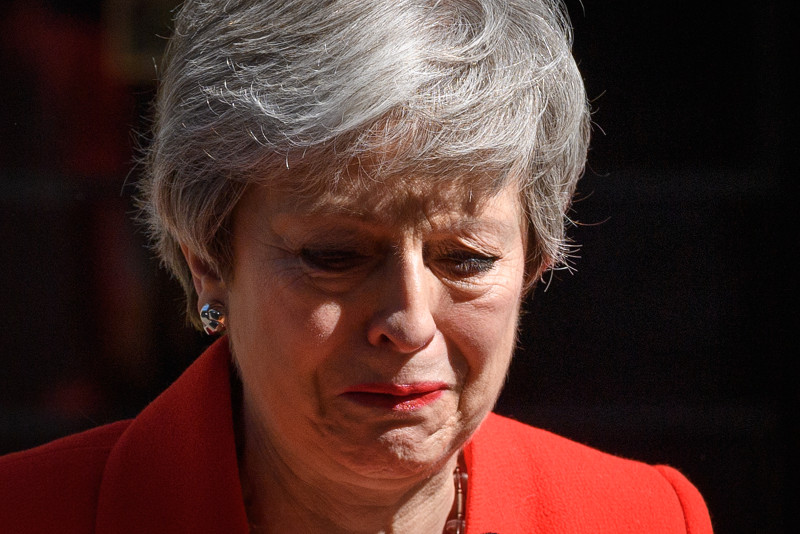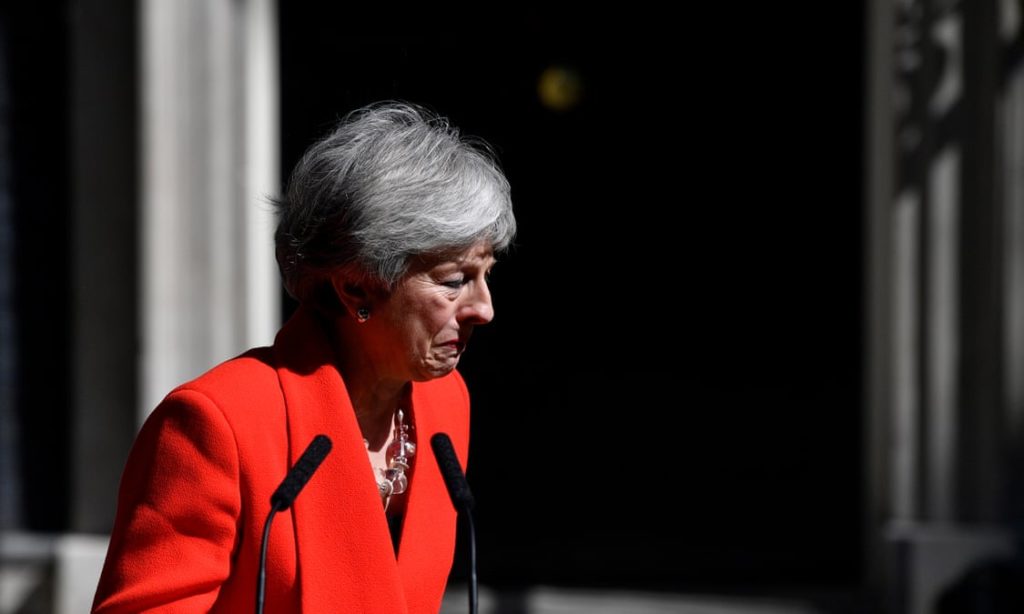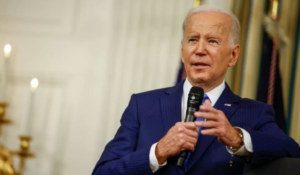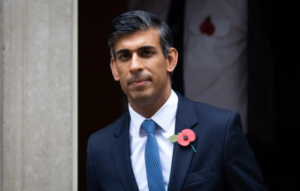The fall of Theresa May By Toby Helm

Theresa May Mahmood Ahmadu

Theresa May – After her emotional resignation statement on Friday morning, Theresa May retired to Downing Street for a few private, comforting words with her husband, Philip. Then she composed herself before calling in her Downing Street staff to say a final thank-you.
As she entered the No 10 meeting room, which was packed with between 30 and 40 people, most of whom had been with her throughout her premiership, loud applause and cheers rang out.
Less than half an hour earlier, many of these same officials and staff members – like much of the country – had crowded around televisions to watch her announce the date of her departure outside the front door of No 10. Some, like the prime minister herself, had broken down in tears.
But despite her swirling emotions, May still wanted to pay a personal tribute to those who had stuck with her through an extraordinarily turbulent premiership.
“It was very, very sad,” said one staff member. “She called us in and said she was sorry things had gone the way they had, but that she and all of us had done our best. She thanked us all for our work. She was composed and seemed OK, but it was difficult for everyone.”
Another who was there said May looked calmer than she had half an hour before as if a huge weight had suddenly been lifted off her shoulders. But there was no disguising the pain of the moment and the grim realisation among her team that a premiership that had lasted less than three years, and that had involved little but struggle and crises, was ending in total failure.
In July 2016, when Theresa Mayentered Downing Street for the first time, she set herself two main goals that both involved healing national divides.
The first, she made clear when addressing the nation on 13 July 2016, was to do more to help “ordinary working-class families” get on in life. She promised those familes that she would “think not of the powerful but you,” adding that the “government I lead will be driven not by the interests of the privileged few, but by yours”.
But it was her second goal – to deliver the Brexit that the British people voted for in 2016 – that was to consume almost all her time and energy and, in the end, bring her leadership of the country to its disastrous finale.
Will Tanner, who advised May from 2013 to 2017, said after watching her resignation speech that his former boss had always been spurred on by high-minded intentions and a sense of duty. But in the end, she had been defeated by a confrontational political system that she deeply disliked, and brought down by colleagues who had refused to recognise the real-world need for compromise.
Continue Reading: TheGuardian





